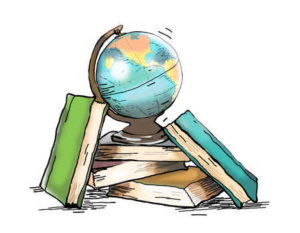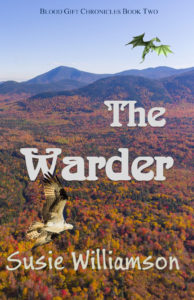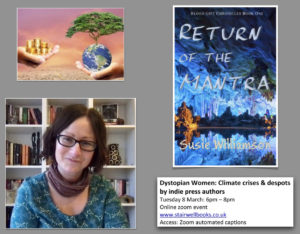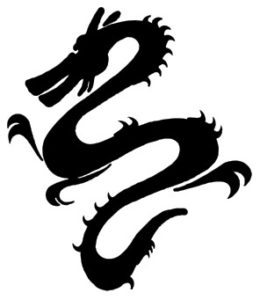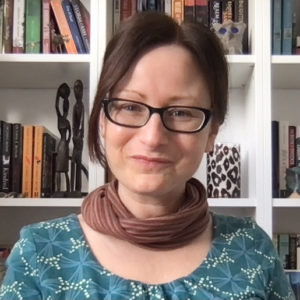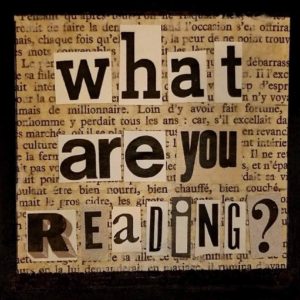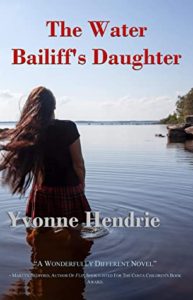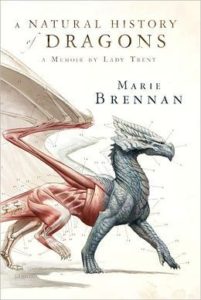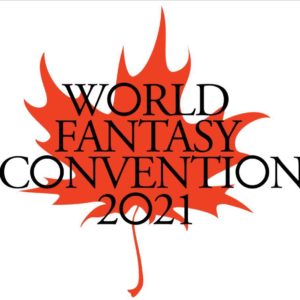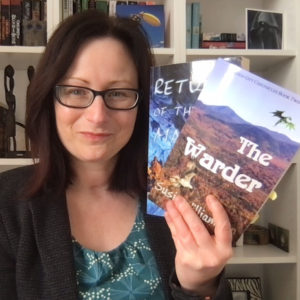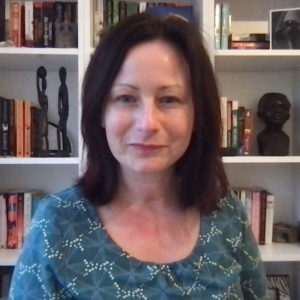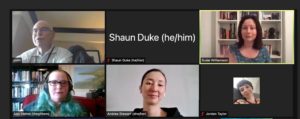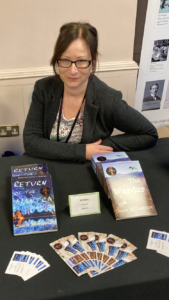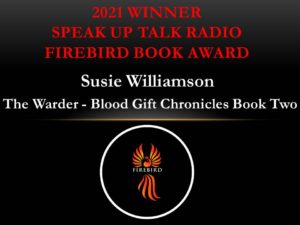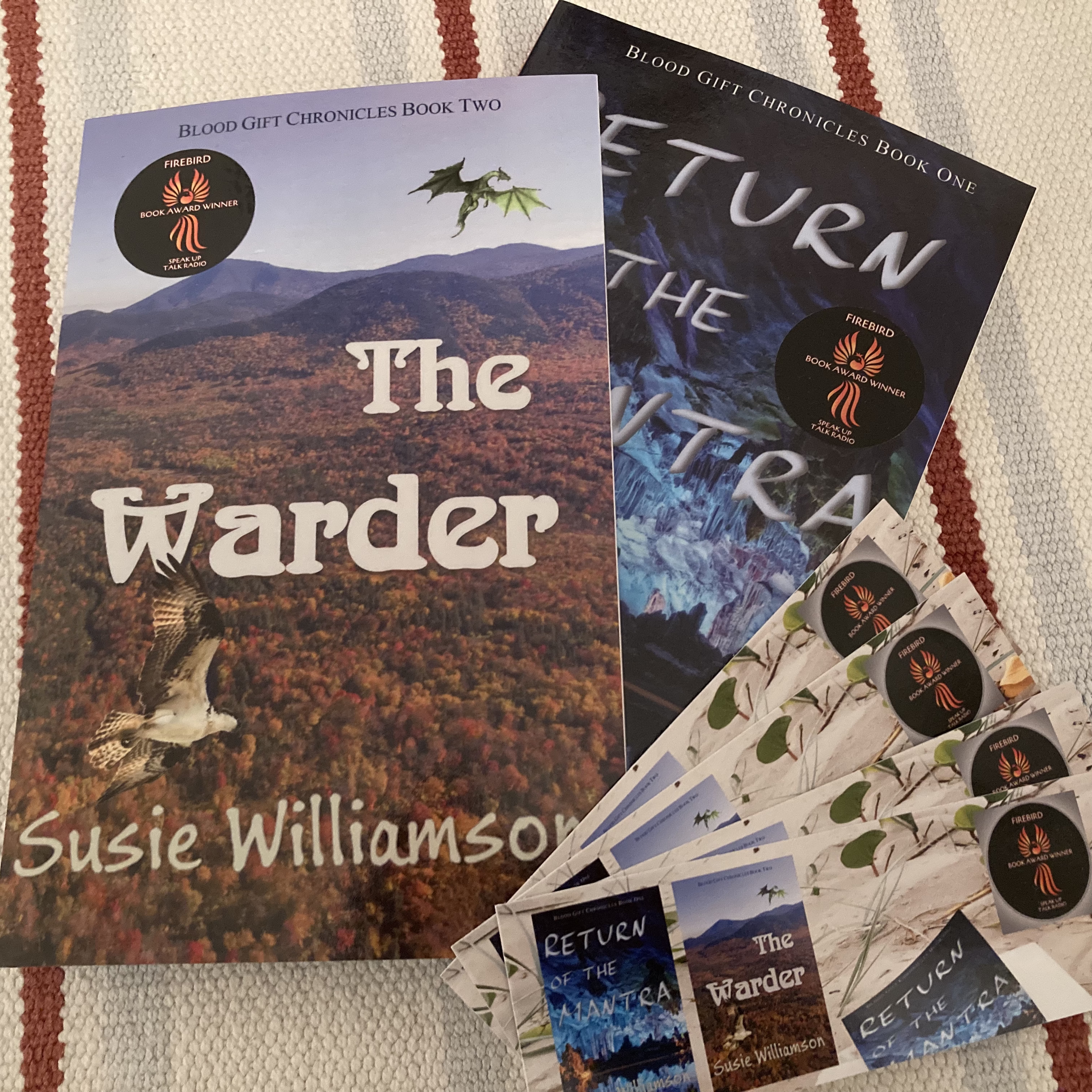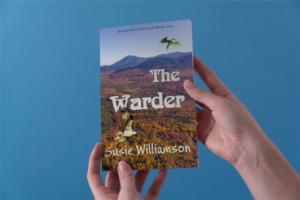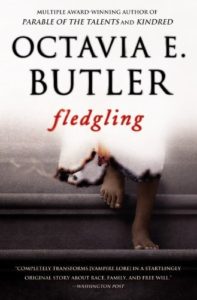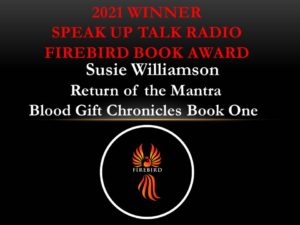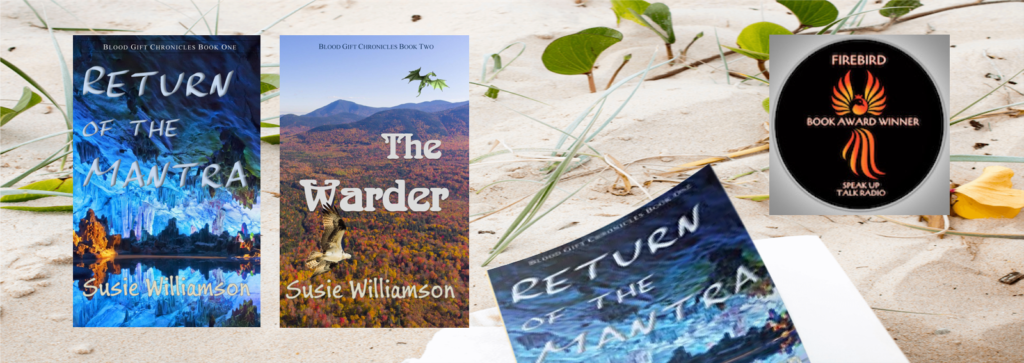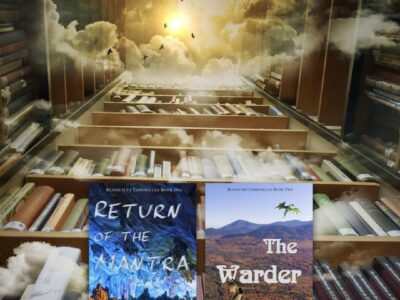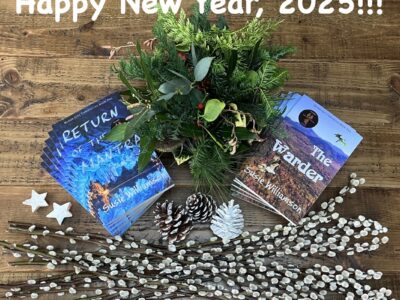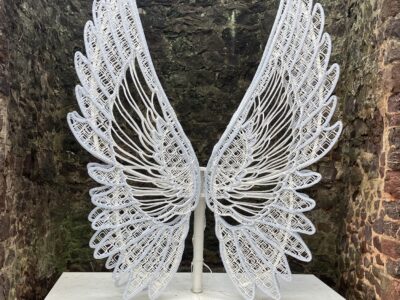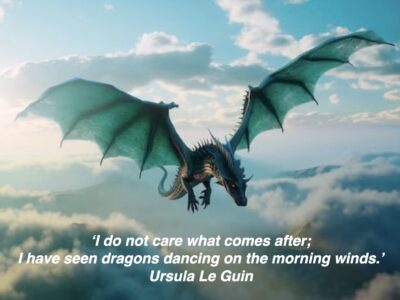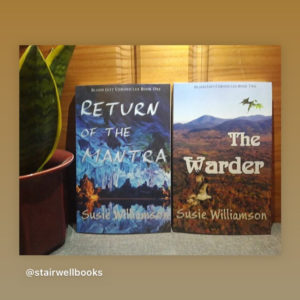
March saw the one-year anniversary of my sequel, The Warder (Blood Gift Chronicles Book 2). It’s a strange thing to release a book during lockdown, yet the year has been busy regardless, with online events including travelling to Montreal from the comfort of home for World Fantasy Convention 2021. A few in-person events to Birmingham, Bristol and the lovely Weston-Super-Mare were great opportunities to meet readers and join panels that always leave you with more questions than you can ever answer, which is why there are always more books to write!
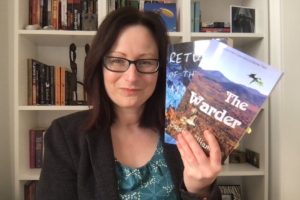
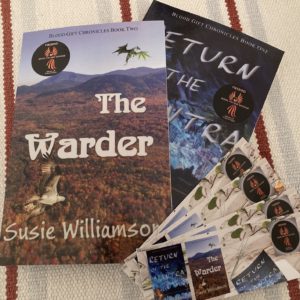
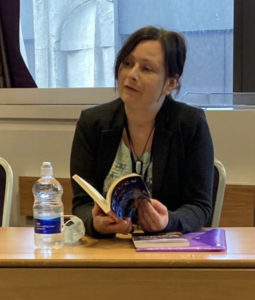
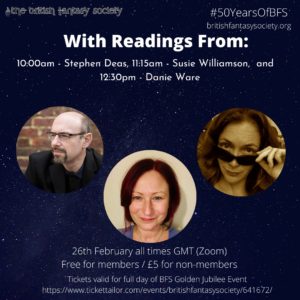
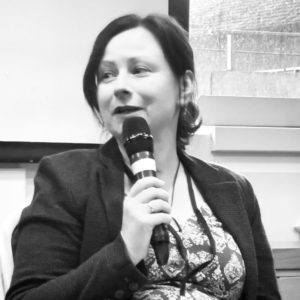
Winning Firebird Awards for both Blood Gift Chronicles novels so far was a real highlight! Click here for my radio interview. https://www.speakuptalkradio.com/author-susie-williamson/

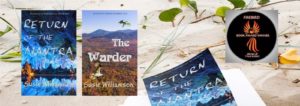
And, WOW to be compared to the phenomenal Ursula Le Guin in the latest review of The Warder. Click here.
And the reviews keep coming.
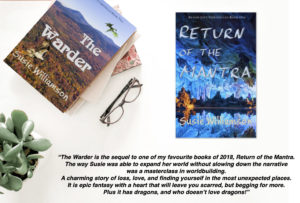
Some recent 5*reviews for Return of the Mantra were gratefully received, and raised some thought-provoking points. Plus it’s always wonderful to hear that these characters we painstakingly bring to life are loved and appreciated and strike a chord with readers.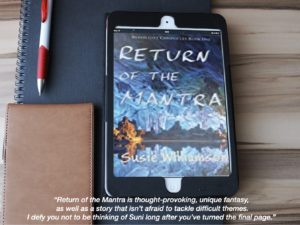
Click here for review by Yvonne Hendrie: “The otherworldliness of this novel is magical, but the issues Suni faces jab at our consciousness because her world is a microcosm of our own. It’s this which allows the reader to explore their own feelings and responses and ask what they would do in the place of Suni and indeed all the characters who must make difficult choices and decisions. We can do this only because the characters are so real – alive, flawed, trying to survive and thrive while the world around them disintegrates. A truly thought-provoking novel.”
Click here for review by Eliza Mood: “Enjoyed this fantasy of rites of passage touching on belief, spirituality, inner strength. A fable resonant for our time.”
Click here for review by Michelle Kenney: “Return of the Mantra is thought-provoking, unique fantasy, as well as a story that isn’t afraid to tackle difficult themes. I defy you not to be thinking of Suni long after you’ve turned the final page.”
Thank you, Michelle. I feel the same way about Suni, actually about a number of characters in Blood Gift Chronicles. I am currently working on Blood Gift Chronicles Book 3, introducing some new characters, expanding the world to incorporate new landscapes, while prominent faces from the first two books remain. The world is connected and events can throw the most unlikely lives together, pretty much like the world as we know it. I’m enjoying expanding on the story, while hopefully laying the way for readers to venture into unlikely places.
One of my favourite quotes from Lord of the Rings:
“I wish it need not have happened in my time,” said Frodo.
“So do I,” said Gandalf, “and so do all who live to see such times. But that is not for them to decide. All we have to decide is what to do with the time that is given us.”
And I wonder, would Suni, Zandi, Juna, Wanda and co. share Frodo’s sentiment or Gandalf’s. And I say, choose well, because there is no saying where this next adventure may lead…
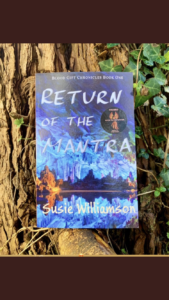

Happy Reading!
